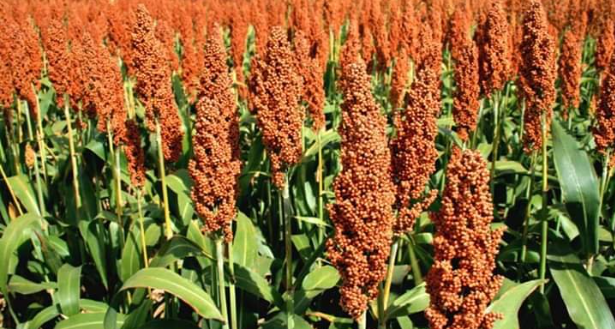The national agriculture ministry, UN Food and Agriculture Organization (FAO), UN World Food Program (WFP), and the National Bureau of Statistics on Monday reported an improvement in cereal production in South Sudan in 2022 compared to the last five years.
According to the Crop Food Security Assessment Mission (CFSAM) conducted in December last year, the country’s net cereal production in 2022 was 936,200 tons which was 11.5% higher when compared to 2021, and 15.8% above the average of the previous five years (2017-2021).
The production was realized from a total harvested area of 1,078,900 hectares which was 8% higher than in 2021 and 15.8% higher than the previous five years indicating that production has increased, but productivity remains low, with the country achieving an average production of 0.87 tonnes per hectare.
Speaking during the launch of the report in Juba, Josephine Joseph Lagu, the minister of agriculture and food security, said the improvements in the 2022 cropping season were mainly due to favorable rains over most locations and improved security.
“The 2022 production could have been even higher had it not been for climatic shocks particularly flooding that led to the damage of an estimated 130,000 hectares of cultivated land and resulted in the loss of 65,000 tons of cereals. If these losses could have been avoided, the country would have achieved at least 1 million tons of cereals, levels that were last seen in 2014,” she said. “But I am optimistic that given the current conditions, we are on the right track. This means investing in new agricultural technologies; scaling up extension services; providing agricultural inputs including certified seeds.”
“From the government side, we need to advocate more for the ministry’s budget allocation,” she added.
On his part, Meshack Malo, the FAO representative in South Sudan, said the increase in production is attributed to security improvements in some areas which allowed displaced households to return to their places of origin and engage in agricultural production.
“Despite continued challenges, the 2022 Crop and Food Security Assessment Mission findings are encouraging because they show that South Sudan is headed in the right direction regarding food production,” he said. “To increase food security in the country, South Sudanese need to be able to grow their food.”
Malo noted that the increased production occurred despite several challenges faced by farmers including the presence of pests, wildlife, and climate shocks.
Meanwhile, Mary-Ellen McGroarty, the WFP representative in South Sudan, welcomed the increase in food production saying producers must have the tools and support they need to be resilient in the face of a multitude of shocks.
She revealed that WFP is working with farmers to adapt to shocks, for example in some areas that are prone to flooding they have worked with FAO to assist families to begin growing rice which thrives in waterlogged environments.




